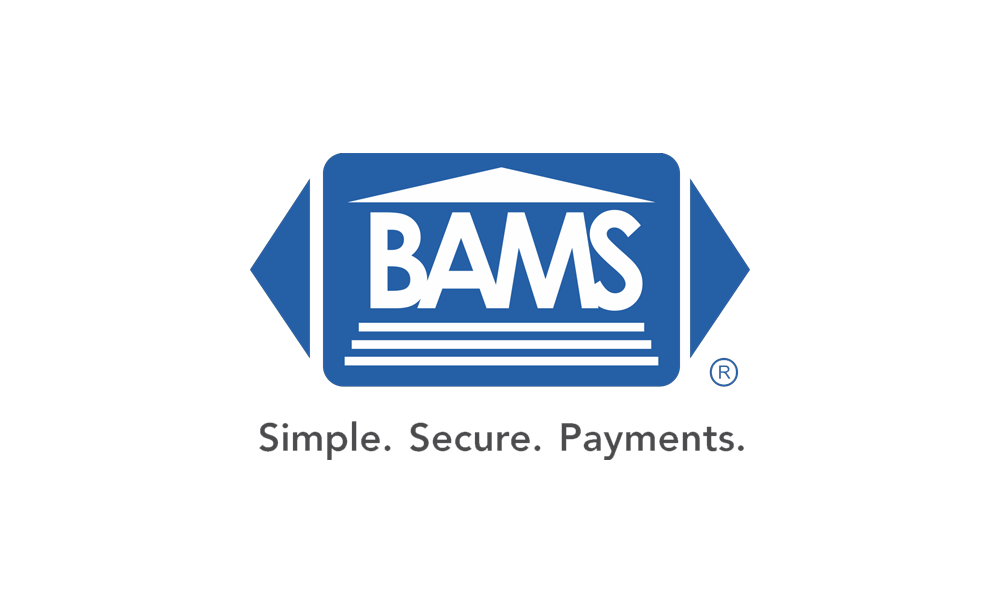Could This New Legislation Open All POS Systems to 3rd Party Integrations?
In late 2019, a bipartisan bill was introduced to the United States Senate designed to seize back control over valuable user data from tech giants and return it to the users themselves by boosting portability. The Augmenting Compatibility and Competition by Enabling Service Switching Act, or ACCESS for short, aims to stop tech companies from walling off user data, making it harder for users to migrate their information from platform to platform, and, in some cases, even trapping them into certain ecosystems by making it too expensive to switch. While the bill legislation is primarily aimed at social media giants like Facebook, it has wide-ranging potential impacts, including on point-of-sale systems and the merchants that use them.
Why the ACCESS Legislation is so Badly Needed
Data is worth a lot. And like anything with great value, people tend to want to hoard it. When it comes to consumer data, that hoarding makes sense for service providers, but it almost always results in poorer, more expensive services for the consumers themselves. By walling off data and system access, service providers, like POS companies, can effectively block out competition and innovation by trapping customers in their ecosystems and making it too difficult or too costly to migrate elsewhere. In the POS world, companies often charge fees as high as 30% to allow third-party service providers to access and integrate with their systems. In many cases, that makes it financially impractical to do so, and the result is that innovative, new third-party products are frozen out or never come into existence in the first place. That enables the POS companies to provide inferior products, knowing full well that their customers simply don’t have any alternative. Industry leaders like Square, Clover, and Toast all charge these kinds of outlandish fees for third-party companies to integrate and access customer data, but if ACCESS becomes law, that might soon change.
What Merchants Can Look Forward to in the Future
Improved access to customer data and more frictionless transfer of data between service providers represent some major benefits to merchants using point of sale systems. First and foremost, easier access to integration will result in a boom of smaller players designing and implementing third-party plugins that will expand and enhance the core functionality of major systems like Square and Toast. That will provide merchants with both more choice, and with higher quality products at more competitive prices. Secondly, by legally requiring frictionless data mobility, customers looking to switch platforms will be able to do so with less hassle, lower cost, and minimized interruption to their operations. Switching from a company like Toast that charges notoriously high transaction fees will no longer be more trouble than its worth because Toast will be legally required to ensure the merchant’s historical data can be moved to a new provider at a minimal cost. That reality will force POS companies to up their service levels in order to hang on to their customer bases, as opposed to today’s strategy of simply making it as hard as possible to leave.
To ensure merchants can fully enjoy the newfound choice and portability promised by ACCESS, it’s important that they also have a merchant services partner that offers the widest range of POS integrations possible. BAMS, a leading merchant services provider, offers merchant accounts that not only carry some of the lowest transaction fees in the payments industry, but also integrate with dozens of the most popular POS systems in the restaurant, retail, and hospitality industries.
Contact us today for more information on how a BAMS merchant account can help your business get the most out of your POS while simultaneously slashing your monthly account statement thanks to the BAMS low-price guarantee.




